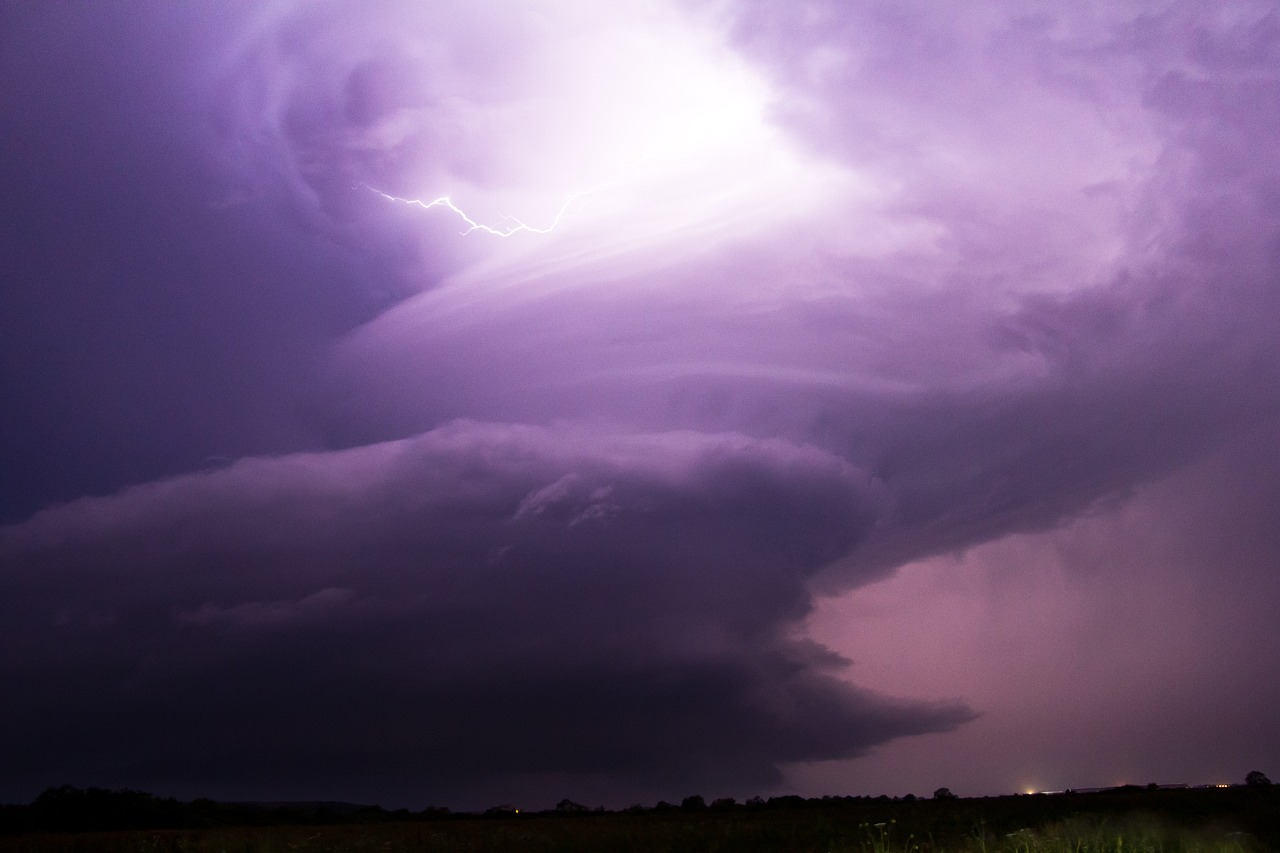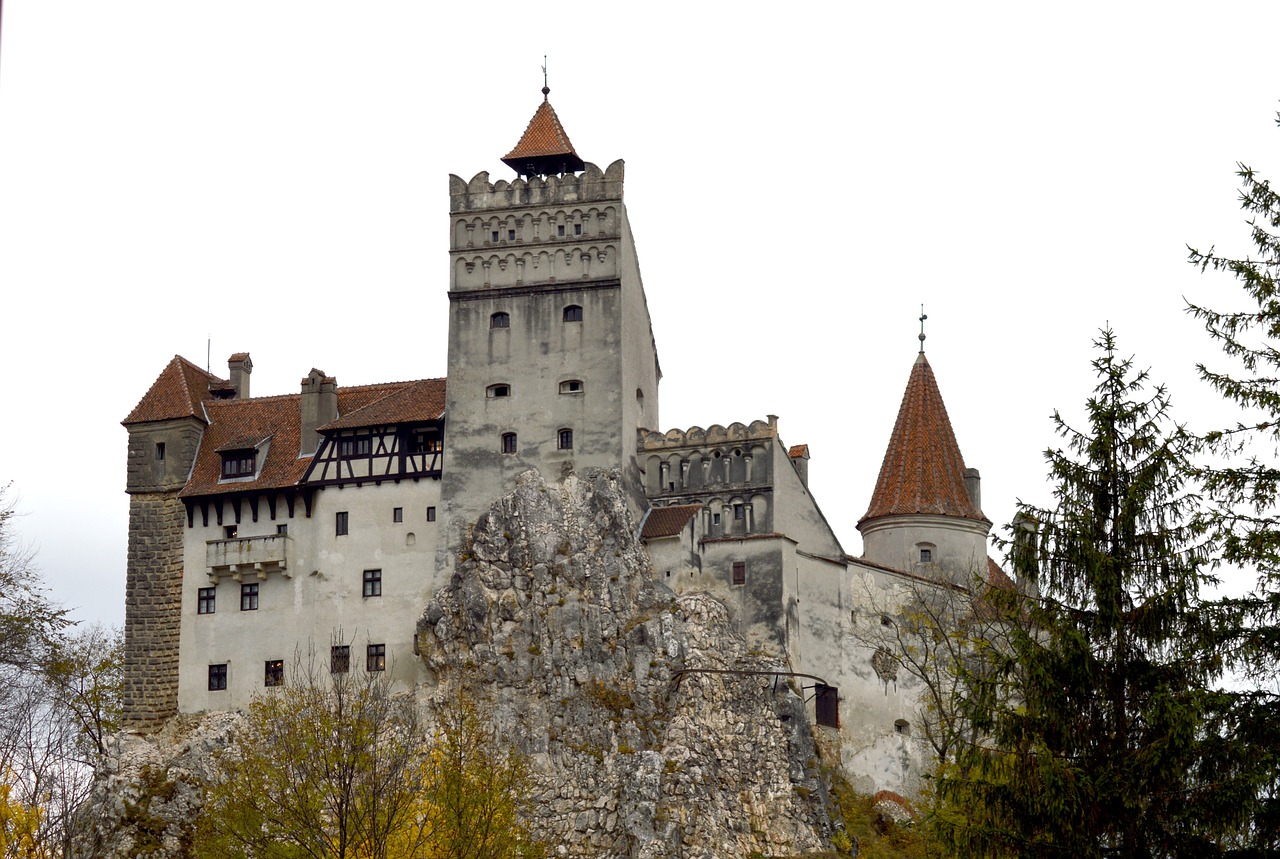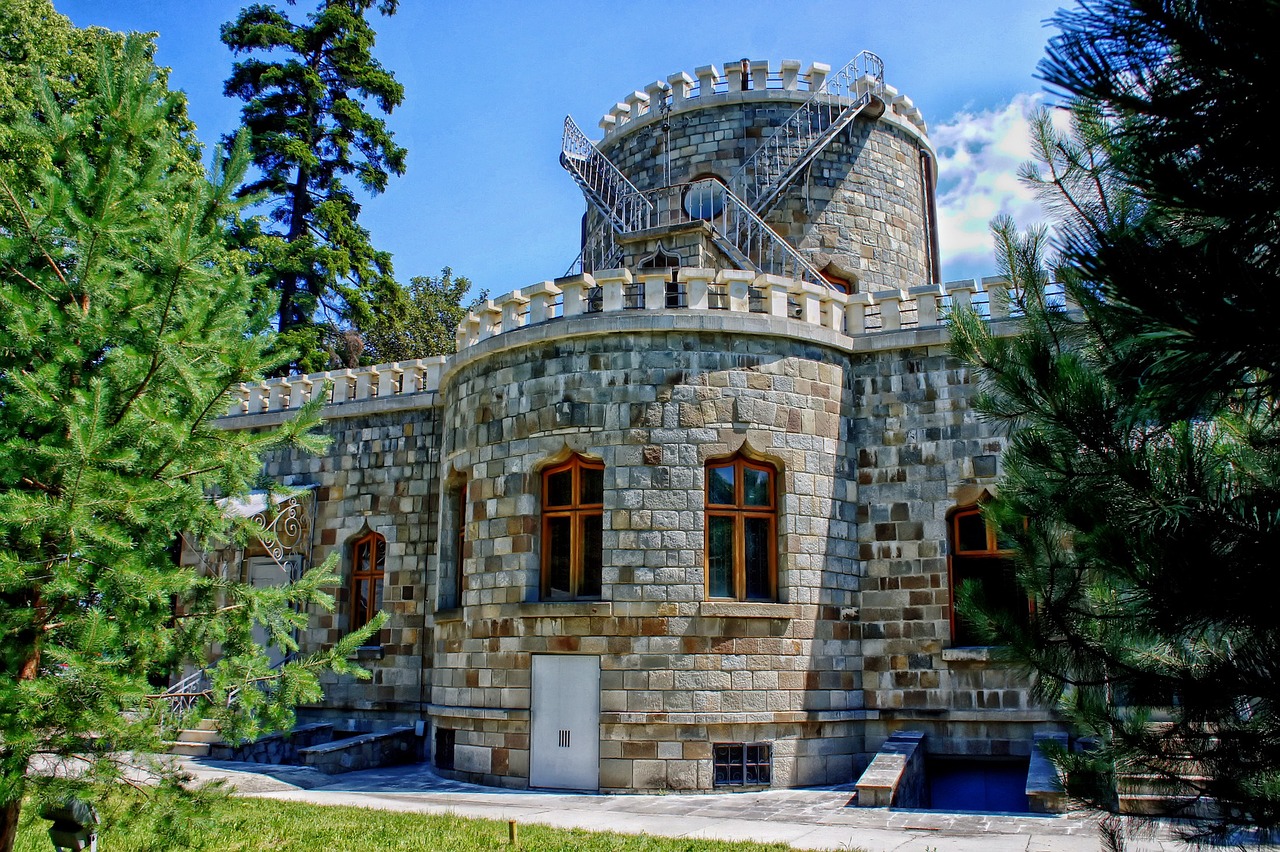Visa and Stay Regulations for Digital Nomads in Romania
Romania, located in Eastern Europe, is a country known for its rich history, stunning landscapes, and vibrant culture. In recent years, it has become an attractive destination for digital nomads looking for a place to live and work remotely. If you’re considering Romania as your next digital nomad destination, it’s important to understand the visa and stay regulations in the country. This article will provide you with detailed information on how to navigate the visa process and stay legally in Romania as a digital nomad.
Types of Visas for Digital Nomads
To legally work and live in Romania as a digital nomad, you’ll need to obtain the appropriate visa. The two main visa options for digital nomads in Romania are the Long-Stay Visa and the Digital Nomad Visa. Here is a breakdown of each visa:
- Long-Stay Visa: The Long-Stay Visa allows digital nomads to stay in Romania for more than 90 days within a 180-day period. This visa is suitable for those who plan to stay in Romania for an extended period. To apply for a Long-Stay Visa, you’ll need to provide proof of accommodation, travel medical insurance, and sufficient financial means to support yourself during your stay.
- Digital Nomad Visa: The Digital Nomad Visa is a special visa category created specifically for digital nomads. It allows digital nomads to stay and work remotely in Romania for up to one year. To be eligible for the Digital Nomad Visa, you’ll need to provide proof of employment or self-employment as a digital nomad, proof of travel medical insurance, and proof of sufficient financial means.
Applying for a Visa
To apply for a visa as a digital nomad in Romania, you’ll need to follow these steps:
- Step 1: Gather the required documents: Before applying for a visa, make sure you have all the necessary documents, including a valid passport, proof of accommodation, travel medical insurance, proof of employment or self-employment, and proof of sufficient financial means.
- Step 2: Submit your application: Once you have all the required documents, you can submit your visa application at the nearest Romanian embassy or consulate in your home country. Make sure to fill out the application form accurately and provide all the necessary supporting documents.
- Step 3: Attend an interview (if required): Depending on your nationality and the type of visa you’re applying for, you may be required to attend an interview at the embassy or consulate. During the interview, be prepared to answer questions about your purpose of visit, employment status, and financial situation.
- Step 4: Pay the visa fee: There is a visa fee associated with applying for a visa in Romania. Make sure to check the current fee and pay it at the embassy or consulate when submitting your application.
- Step 5: Wait for the visa decision: After submitting your application, you’ll need to wait for the visa decision. The processing time can vary, so it’s advisable to apply well in advance of your planned travel date.
Staying in Romania as a Digital Nomad
Once you have obtained the appropriate visa, you can legally stay in Romania as a digital nomad. Here are some important things to know about staying in Romania:
- Length of stay: With the Long-Stay Visa, you can stay in Romania for more than 90 days within a 180-day period. The Digital Nomad Visa allows you to stay and work remotely in Romania for up to one year.
- Registration: Upon arrival in Romania, you’ll need to register your stay with the local authorities. This can usually be done at the local police station or town hall. Make sure to bring your passport, visa, and proof of accommodation.
- Working remotely: As a digital nomad, you’re allowed to work remotely in Romania. However, it’s important to note that you cannot engage in employment with a Romanian company or provide services to Romanian clients without the appropriate work permits.
- Travel within the Schengen Area: Romania is not yet a member of the Schengen Area. Therefore, the visa and stay regulations in Romania may differ from those in other Schengen countries. If you plan to travel within the Schengen Area, make sure to check the specific regulations for each country.
Romania Image 1:

Exploring Romania as a Digital Nomad
Romania offers digital nomads a wealth of opportunities to explore and experience its diverse culture and natural beauty. Here are some must-visit destinations in Romania:
- Bucharest: The capital city of Romania, Bucharest, is a bustling metropolis with a mix of modern and historical attractions. Explore the charming Old Town, visit the Palace of the Parliament, and indulge in the vibrant nightlife.
- Transylvania: Known for its medieval castles and stunning landscapes, Transylvania is a must-visit region in Romania. Explore the famous Bran Castle, also known as Dracula’s Castle, and immerse yourself in the region’s rich folklore and history.
- Cluj-Napoca: As one of Romania’s largest cities, Cluj-Napoca offers a vibrant arts and cultural scene. Visit the Cluj-Napoca Botanical Garden, explore the historic center, and enjoy the city’s lively nightlife.
- Brasov: Nestled in the Carpathian Mountains, Brasov is a charming city with a well-preserved medieval center. Explore the Black Church, take a hike in the nearby mountains, and enjoy the picturesque scenery.
Romania Image 2:

Cost of Living in Romania
Romania is known for its affordable cost of living, making it an attractive destination for digital nomads. Here is a breakdown of the average costs in Romania:
- Accommodation: The cost of accommodation in Romania varies depending on the location. In major cities like Bucharest, expect to pay higher rent compared to smaller towns. On average, a one-bedroom apartment in the city center can cost around $400 to $600 per month.
- Transportation: Public transportation in Romania is affordable and well-developed. A monthly pass for unlimited travel within a city can cost around $20 to $30. Taxi services are also widely available and reasonably priced.
- Food and dining: Eating out in Romania is relatively inexpensive. A meal at an inexpensive restaurant can cost around $6 to $10, while a three-course meal for two at a mid-range restaurant can cost around $30 to $40.
- Entertainment: Romania offers a variety of entertainment options, including museums, theaters, and outdoor activities. Admission to museums and cultural attractions usually ranges from $3 to $10.
Romania Image 3:

Conclusion
Romania is a welcoming destination for digital nomads, offering a blend of history, culture, and natural beauty. By understanding the visa and stay regulations, you can enjoy a hassle-free stay in Romania as a digital nomad. Remember to research and prepare all the necessary documents before applying for a visa, and make the most of your time in Romania by exploring its diverse cities and landscapes.
References
– Romanian Ministry of Foreign Affairs: www.mae.ro
– Romanian Immigration Office: www.i

